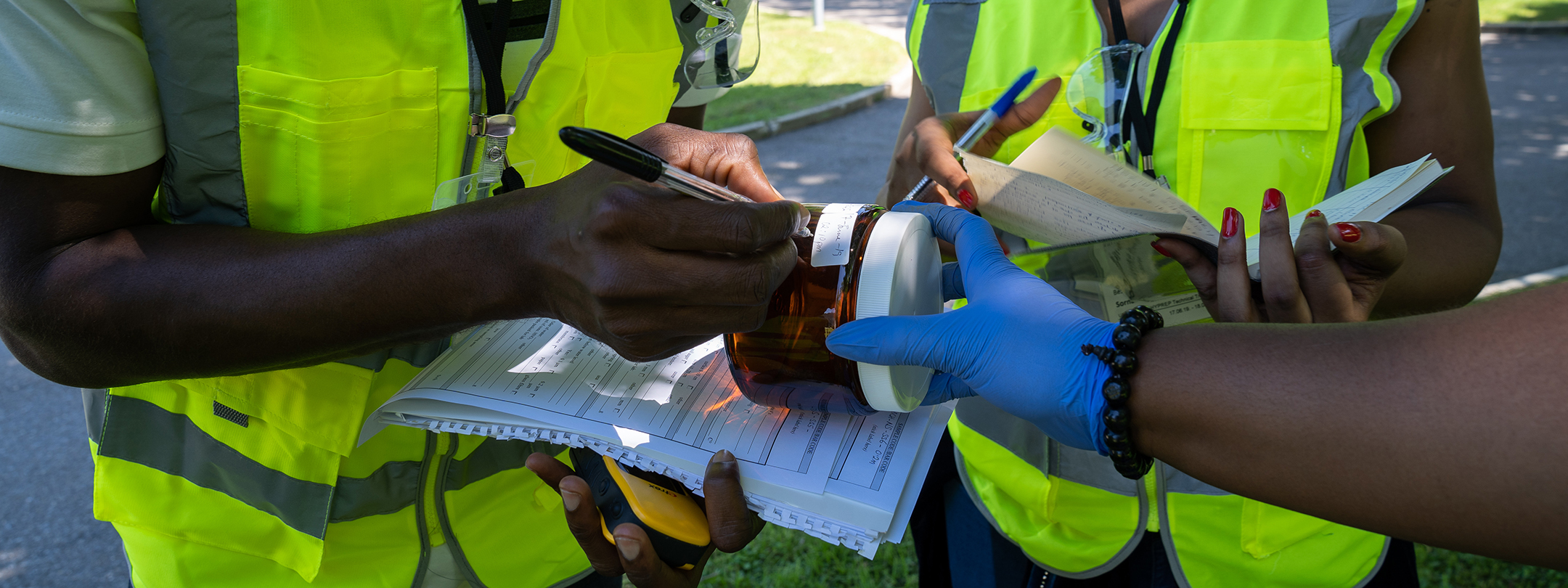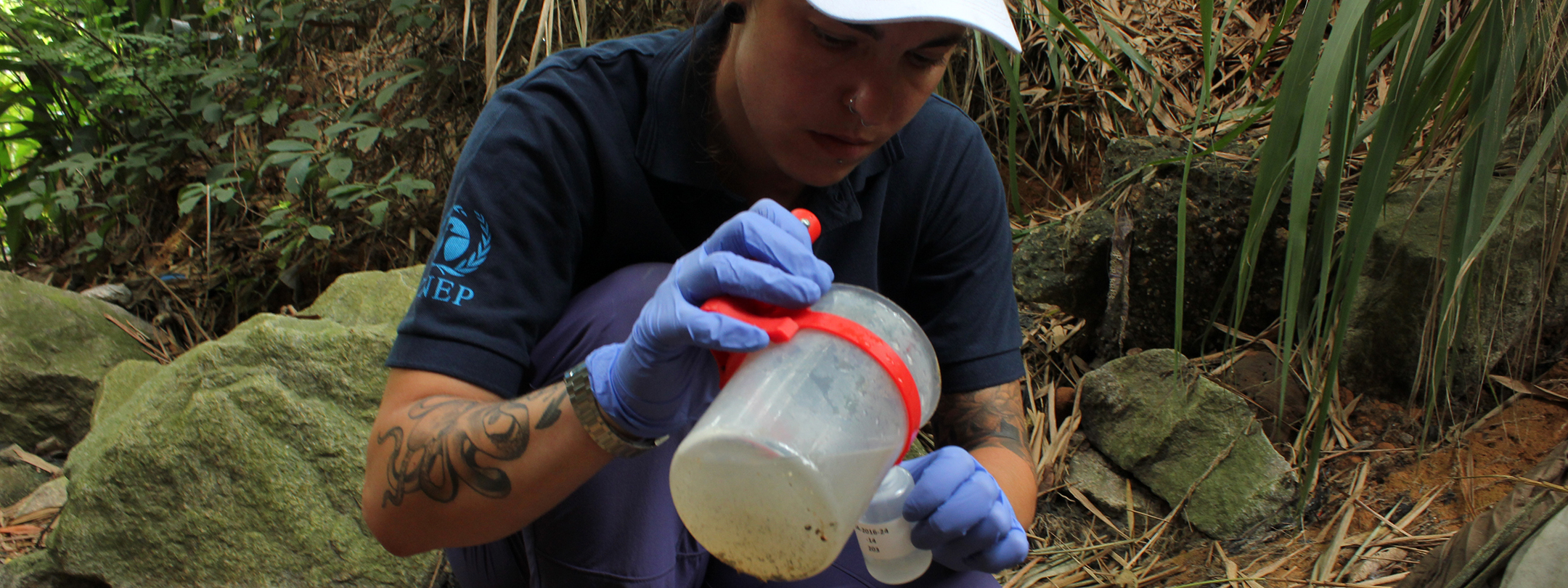Tools & Considerations

Monitoring and evaluating environmental peacebuilding initiatives present a range of complex challenges. As a relatively new and dynamic field, the effectiveness of various interventions and their contextual suitability remains largely uncharted territory. These challenges stem from the youthfulness of the field, nascent theories of change, the complexity of multi-scale interactions, and the need to address power dynamics and equity. This lack of established evidence underscores the pressing need to learn from ongoing efforts and construct a solid foundation for future interventions. Moreover, understanding the multi-scalar nature of these interventions, coupled with the intricacies of systems thinking, demands a holistic approach to monitoring and evaluation. As the interdisciplinary expertise required, building capacity and promoting institutional learning become vital for effective monitoring and evaluation in environmental peacebuilding. By confronting these challenges, practitioners can enhance the knowledge base, refine strategies, and foster sustainable peacebuilding outcomes.

Evaluation constitutes a systematic and comprehensive assessment within the monitoring and evaluation framework of environmental peacebuilding interventions. It involves a careful examination of the intervention's design, implementation, and effects to determine its worth, value, quality, and importance. Evaluations not only utilize monitoring information but also delve into the underlying mechanisms and impacts of the intervention. Evaluation can take place at various stages, from inception to completion and beyond, depending on the specific objectives of it. By actively engaging in thorough evaluations, practitioners in environmental peacebuilding can optimize the outcomes of their interventions and advance knowledge in the field.

Monitoring and evaluating serves as a guiding compass in environmental peacebuilding, facilitating evidence-based decision-making, continuous learning, and the improvement of interventions. As a dynamic field, environmental peacebuilding necessitates tailored monitoring and evaluating approaches that address its unique challenges. These challenges arise from the complex interplay between environmental issues, conflict dynamics, and peacebuilding efforts. By embracing tailored approaches, addressing challenges, and leveraging the interconnectedness of monitoring and evaluation, practitioners can navigate the landscape of monitoring and evaluating in environmental peacebuilding to promote sustainable and transformative change.

In the context of environmental peacebuilding, monitoring plays a crucial role in ensuring interventions stay on track, fostering ongoing reflection and learning. By employing defined indicators and both qualitative and quantitative approaches, monitoring provides valuable insights to guide intervention management throughout the implementation cycle. By embracing robust monitoring practices, environmental peacebuilding practitioners can enhance accountability, maximize knowledge exchange, and proactively identify unintended outcomes—both positive and negative. Ultimately, monitoring serves as a cornerstone in enabling adaptive and impactful environmental peacebuilding endeavors.